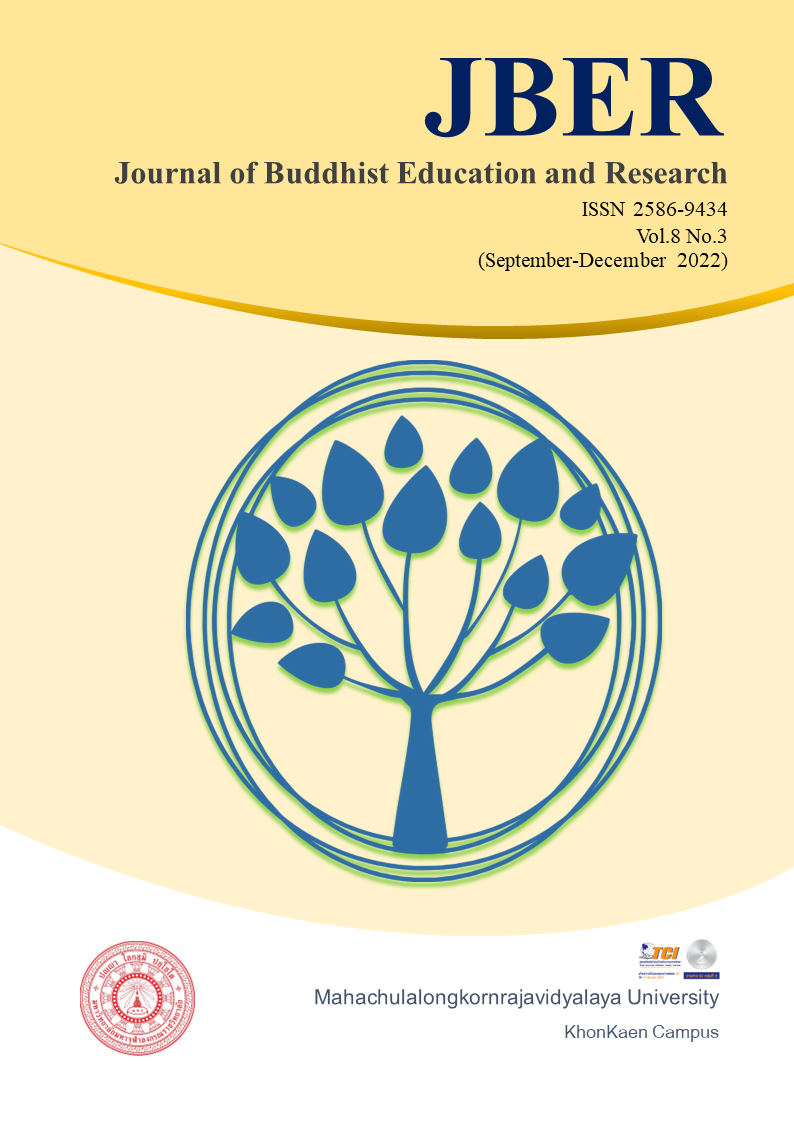A STUDY OF THE INFLUENCE OF KNOWLEDGE SHARING ON THE INNOVATION PERFORMANCE OF HIGH-TECH ENTERPRISES
Keywords:
knowledge sharing, high-tech enterprises, innovation performanceAbstract
At present, market competition is intensifying. If companies would like to maintain long-term operations, they must continuously improve their own innovation performance and strengthen their core competitiveness. In the operation of an enterprise, knowledge sharing is an important condition for promoting the production of enterprises and their research and development, as well as an important link of enterprise knowledge management, and it has an important impact on the innovation performance of enterprises. At present, as companies continue to assume that knowledge sharing is concerned, it is of great value to study the impact of knowledge sharing on the innovation performance of high-tech enterprises. This article first elaborates that knowledge sharing has a significant positive impact on innovation performance and analyzes the empirical results and the role of knowledge sharing in improving innovation performance. Finally, it summarizes the full text and makes some suggestions. Based on the research results, some suggestions are put forward, including strengthening the incentives for employee knowledge sharing, creating a good knowledge sharing environment, strengthening human resource management, etc., to provide a certain reference for high-tech enterprises to improve their innovation performance.
References
Chen, J.L. (2020). Empirical study of implicit knowledge sharing performance. Jincheng Vocational and Technical College Journal, 013 (002): 30-33.
Curado, C., Munoz-Pascual, L., & Galende, J. (2018). Antecedents to innovation performance in smes: a mixed methods approach. Journal of Business Research, 89(8), 206-215.
Hu, F. (2013). Research on the Impact of Human Resource Management on Innovation Performance from the spective of Creative Sharing. (Doctoral dissertation, Hunan Normal University).
Jin, L. (2018). Research on the relationship of knowledge attributes, knowledge sharing and enterprise innovation performance. (Doctoral dissertation, Tianjin University of Finance and Economics).
Kogut, B., & Zander, U. (2003). Knowledge of the firm and the evolutionary theory of the multinational corporation. Journal of International Business Studies, 34(6), 516-529
Li, X. (2016). Research on the Relationship between knowledge capital and technological innovation performance of entrepreneurial enterprises. (Doctoral dissertation, Liaoning University of Science and Technology).
Liu, J. (2008). The impact of knowledge sharing on enterprise performance and its empirical research. (Doctoral dissertation, Hunan University).
Liu, Y., Shao, Y.F., & Kang, J. (2019). The influence of alliance combination configuration on enterprise innovation performance from the perspective of knowledge sharing. Scientific and Technological Progress and Countermeasures, vol.36, No.481(21), 140-146.
Nonaka, I., Toyama, R., & Konno, N. (2001). Seci, ba and leadership: a unified model of dynamic knowledge creation. Long Range Planning, 33(1), 5-34.
Nonaka, I., & Konno, N. (1998). The concept of "ba": building a foundation for knowledge creation. California Management Review, 40(3), 40-54.
Nonaka, I. (1991). The knowledge-creating company. Harvard Business Review, 85, 162.
Ritala, P., Husted, K., Olander, H., & Michailova, S. (2018). External knowledge sharing and radical innovation: the downsides of uncontrolled openness. Journal of Knowledge Management, JKM-05-2017-0172.
Yan, J.Q., & Luo, J.L. (2018). Research team dual leadership and innovation performance. Scientific Studies, (11).





